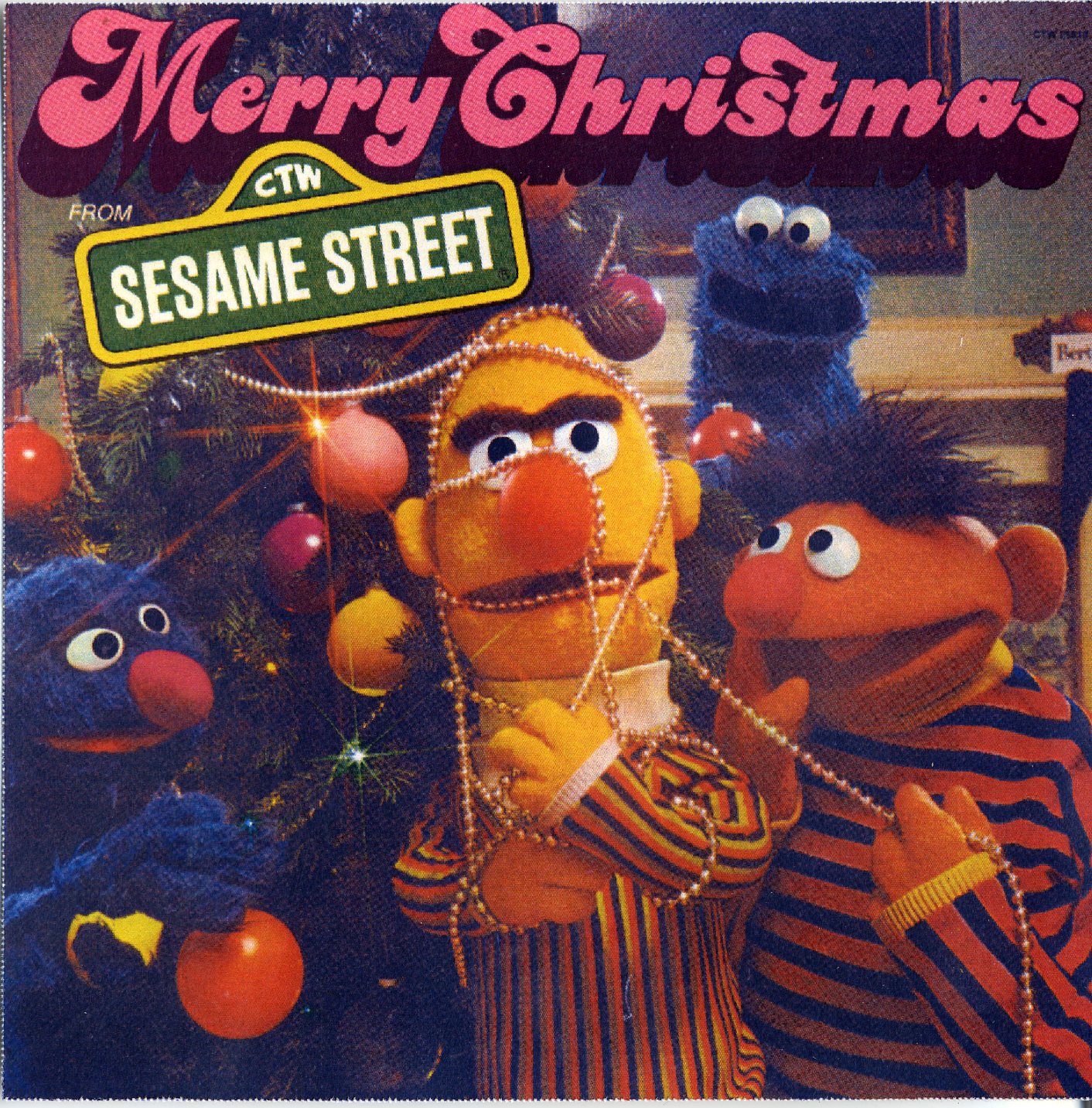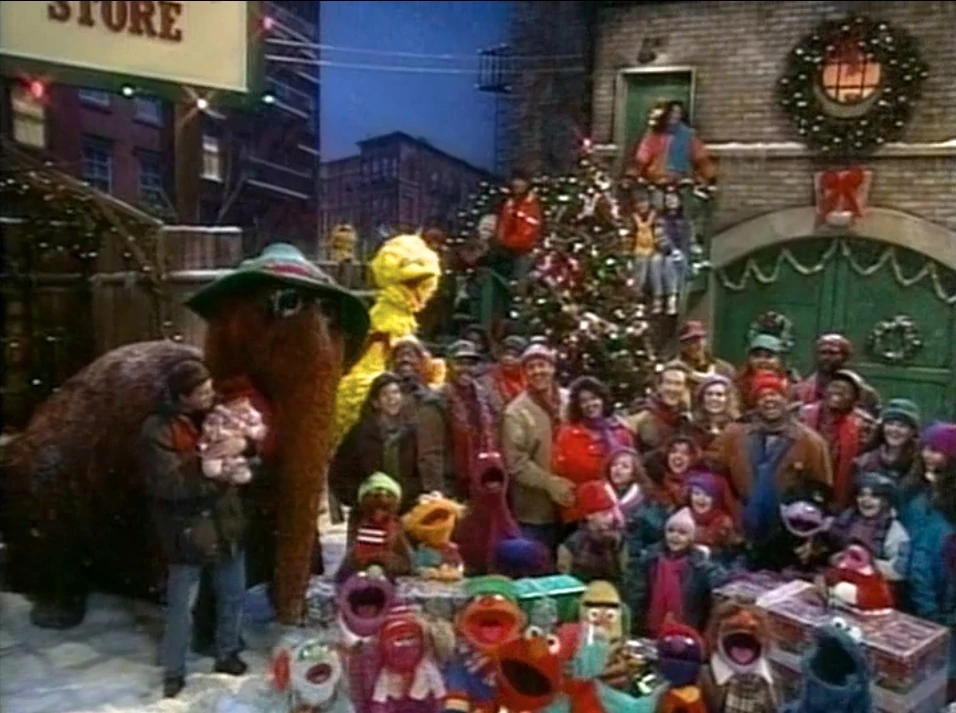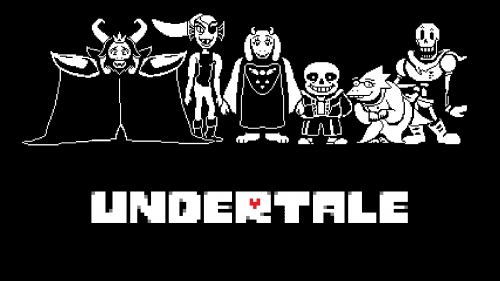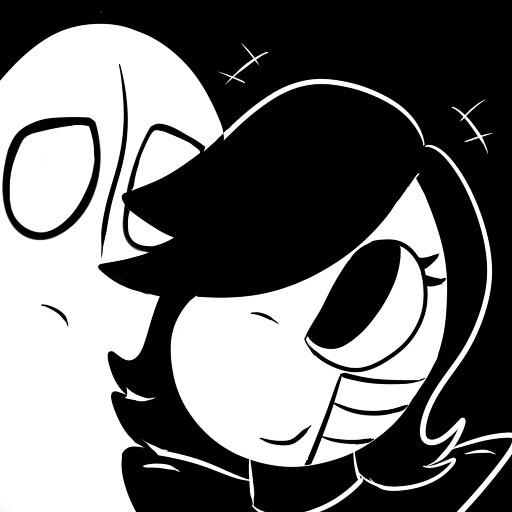Happy Christmas Eve, everyone! We may not have chestnuts roasting on a fire here in Miami, and the Charlie Brown Christmas special has already aired, but the date is upon us. People are happier despite the crowded stores, and the radio has started to play classic carols. Thus it feels fitting to dive into some nostalgia into what I think about the holiday, regarding a classic PBS show that has been on the air for more than forty years.
Image source: http://assets.fontsinuse.com/static/use-media-items/25/24455/full-1412x1433/56701c58/sesamestreetchristmas.jpeg?resolution=0
A lot of changes have come to Sesame Street over the past few years. The original puppeteer for the Count, Jerry Nelson, passed away, and the actress Sonia Manzano, who plays FixIt repair-woman Maria, has decided to leave the show, and HBO has recently purchased the Sesame Street franchise, slashing the episode times from 60 minutes to 30 minutes. These changes may be for the best, but at the moment they feel murky and stab at my heart. I didn't lear n everything I knew from Sesame Street, but I learned quite a bit. I remember learning a sobering lesson about Christmas from the show, via a rather unusual holiday special.
Elmo Saves Christmas was a special that aired for a few years during the late 1990s, when Christmas in Miami means the sun shining on the green grass for a couple of days before blasting cold would come in. Kevin Clash was still performing for Elmo, and gave the character's voice an endearing scratchiness that sounded monster-like. Another special has since replaced it, so that you can only find several of the songs online. It featured Maya Angelou narrating how Elmo, after rescuing Santa from a stuck chimney, received a snowglobe that can grant three wishes. Elmo decides to wish that it were Christmas every day, so that everyone will be happy all the time.
Image source: http://img1.wikia.nocookie.net/__cb20060311195440/muppet/images/0/09/Elmo_Saves_Christmas-_Holiday_Favorites_(CD).jpeg
At the time, such a wish didn't sound like a bad idea. Christmas to me simply meant one day of the year when one could receive presents, enjoy good weather, and bask in a warm glow of holiday cheer. Santa during the special then sends Elmo out with a time-traveling reindeer, to show him what happens if Christmas happens every day, keeping people out of school, out of work, unable to send mail, and obligated to buy presents. Elmo's friends seem fine in the spring, slowly start to stress during the summer, and completely crack by winter. Having a holiday everyday nibbles away at the novelty, until what's left is a hollow shell of a celebration.
The special did a good job in not hammering in the message that "Christmas every day is bad" and instead reflecting the childlike naivety. In fact, several characters, like Santa's elves, point out that Santa shares part of the blame in giving a childlike Muppet such power, and imply that similar disasters have emerged from other users of the wish-granting snow globe. Santa seems to admit this in part, especially when his morose song "Everyday Can't Be Christmas" doesn't convince Elmo at first, and he has a rather alarmed expression when Elmo uses his first wish to request a glass of water. He also takes the time to come to Sesame Street, warn Elmo, and give him a way to see what will happen. When Elmo gets a second chance to choose either the snow-globe or an ordinary toy at the special's conclusion, he chooses the ordinary toy but Santa offers him something far more extraordinary that won't cause temporal anomalies. Many questions arise from the fact that despite having given the snow-globe before, he hasn't thought to take it out of production, and one wonders what the previous gift recipients did with their wishes.
The third thing was that this special showed one Muppet making a series of mistakes, and despite the increasing consequences manages to amend for them. Elmo wishing for Christmas every day is somewhat forgivable, again because he is a child with a childlike mentality. He makes the mistake of not taking Santa's concern seriously, which is again understandable since he cannot visualize the consequences that the man in the red suit brings. The farther Elmo travels into the future, however, the more he realizes that people aren't happy, especially his friends and loved one, but he keeps going forward, hoping that "real Christmas" will recapture the joy that he meant to spread across the year. His final mistake in what happens when he realizes that he has a way to undo Christmas everyday-- with his last wish-- and takes too long to do so, instead of fixing the problem straightaway. Despite those mistakes, Elmo finds a way to undo his wish, and save everyone from constant holidays.
Image source: http://cdn.madman.com.au/images/screenshots/screenshot_2_1112.jpg
For those reasons, I do hope that Sesame Street starts airing Elmo Saves Christmas again, with its memorable songs that can make one laugh and also sober up instantly. It isn't often that we have a Christmas special with such mood swings and strong plot to show the consequences of our actions, It's A Wonderful Life notwithstanding, and makes us feel like little kids again. For the moment, as we all do with Christmas, I'll keep the hour-long special with me through the year, with my memories of childhood Sesame Street.
Image source: http://vignette3.wikia.nocookie.net/muppet/images/6/6b/ESCKeep.jpg/revision/latest?cb=20121222025729
Image source: http://assets.fontsinuse.com/static/use-media-items/25/24455/full-1412x1433/56701c58/sesamestreetchristmas.jpeg?resolution=0
A lot of changes have come to Sesame Street over the past few years. The original puppeteer for the Count, Jerry Nelson, passed away, and the actress Sonia Manzano, who plays FixIt repair-woman Maria, has decided to leave the show, and HBO has recently purchased the Sesame Street franchise, slashing the episode times from 60 minutes to 30 minutes. These changes may be for the best, but at the moment they feel murky and stab at my heart. I didn't lear n everything I knew from Sesame Street, but I learned quite a bit. I remember learning a sobering lesson about Christmas from the show, via a rather unusual holiday special.
Elmo Saves Christmas was a special that aired for a few years during the late 1990s, when Christmas in Miami means the sun shining on the green grass for a couple of days before blasting cold would come in. Kevin Clash was still performing for Elmo, and gave the character's voice an endearing scratchiness that sounded monster-like. Another special has since replaced it, so that you can only find several of the songs online. It featured Maya Angelou narrating how Elmo, after rescuing Santa from a stuck chimney, received a snowglobe that can grant three wishes. Elmo decides to wish that it were Christmas every day, so that everyone will be happy all the time.
Image source: http://img1.wikia.nocookie.net/__cb20060311195440/muppet/images/0/09/Elmo_Saves_Christmas-_Holiday_Favorites_(CD).jpeg
At the time, such a wish didn't sound like a bad idea. Christmas to me simply meant one day of the year when one could receive presents, enjoy good weather, and bask in a warm glow of holiday cheer. Santa during the special then sends Elmo out with a time-traveling reindeer, to show him what happens if Christmas happens every day, keeping people out of school, out of work, unable to send mail, and obligated to buy presents. Elmo's friends seem fine in the spring, slowly start to stress during the summer, and completely crack by winter. Having a holiday everyday nibbles away at the novelty, until what's left is a hollow shell of a celebration.
The special did a good job in not hammering in the message that "Christmas every day is bad" and instead reflecting the childlike naivety. In fact, several characters, like Santa's elves, point out that Santa shares part of the blame in giving a childlike Muppet such power, and imply that similar disasters have emerged from other users of the wish-granting snow globe. Santa seems to admit this in part, especially when his morose song "Everyday Can't Be Christmas" doesn't convince Elmo at first, and he has a rather alarmed expression when Elmo uses his first wish to request a glass of water. He also takes the time to come to Sesame Street, warn Elmo, and give him a way to see what will happen. When Elmo gets a second chance to choose either the snow-globe or an ordinary toy at the special's conclusion, he chooses the ordinary toy but Santa offers him something far more extraordinary that won't cause temporal anomalies. Many questions arise from the fact that despite having given the snow-globe before, he hasn't thought to take it out of production, and one wonders what the previous gift recipients did with their wishes.
Image source: https://i.ytimg.com/vi/LgDlMHEuQZ0/hqdefault.jpg
The other important thing about this special was that it showed rather than told the consequences, and used concrete imagery to convey these devastating actions. As mentioned in my previous Christmas post, it irked me in Mickey's Christmas Carol how it hammered so much at Scrooge being a miser would condemn him, so that you couldn't sit back and enjoy thirty minutes of animation. In contrast, Sesame Street knew how children thought, that is with visuals instead of words. Elmo can't comprehend consequences in the long term that emerge from too much of a good thing, especially when everyone appears happy on hearing the news. Neither could the viewers at the time, including myself, who came along for the ride. I was quite shocked to see Sesame Street as deserted, and not even Grover trying to sell Christmas trees could add enough humor to quell the blow.The third thing was that this special showed one Muppet making a series of mistakes, and despite the increasing consequences manages to amend for them. Elmo wishing for Christmas every day is somewhat forgivable, again because he is a child with a childlike mentality. He makes the mistake of not taking Santa's concern seriously, which is again understandable since he cannot visualize the consequences that the man in the red suit brings. The farther Elmo travels into the future, however, the more he realizes that people aren't happy, especially his friends and loved one, but he keeps going forward, hoping that "real Christmas" will recapture the joy that he meant to spread across the year. His final mistake in what happens when he realizes that he has a way to undo Christmas everyday-- with his last wish-- and takes too long to do so, instead of fixing the problem straightaway. Despite those mistakes, Elmo finds a way to undo his wish, and save everyone from constant holidays.
Image source: http://cdn.madman.com.au/images/screenshots/screenshot_2_1112.jpg
For those reasons, I do hope that Sesame Street starts airing Elmo Saves Christmas again, with its memorable songs that can make one laugh and also sober up instantly. It isn't often that we have a Christmas special with such mood swings and strong plot to show the consequences of our actions, It's A Wonderful Life notwithstanding, and makes us feel like little kids again. For the moment, as we all do with Christmas, I'll keep the hour-long special with me through the year, with my memories of childhood Sesame Street.
Image source: http://vignette3.wikia.nocookie.net/muppet/images/6/6b/ESCKeep.jpg/revision/latest?cb=20121222025729

.jpeg)






